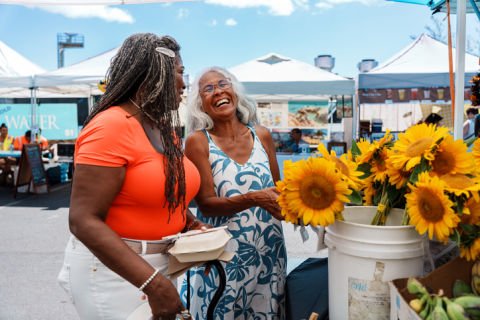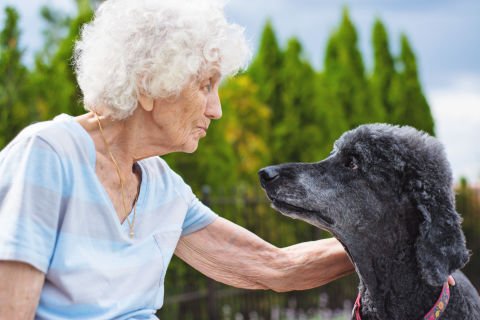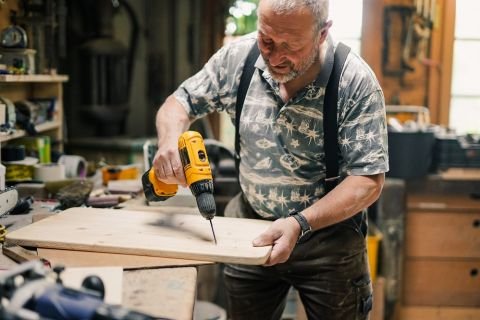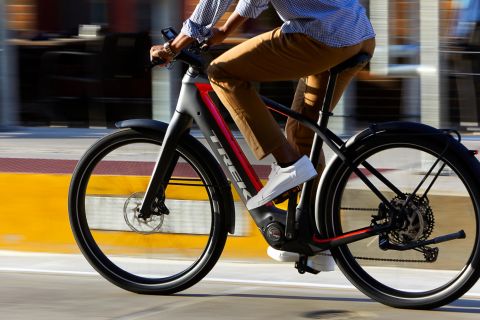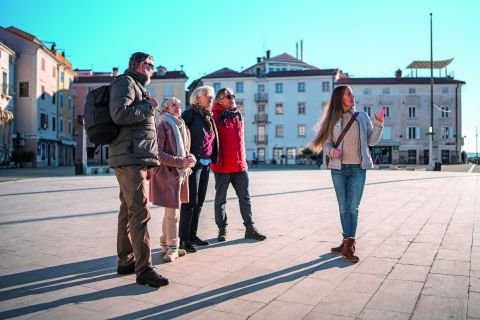Feeling frail? Here’s how to beat it
COVID-19 has meant many older people are at risk of not exercising and becoming frail. It’s a condition that can be managed and even reversed.
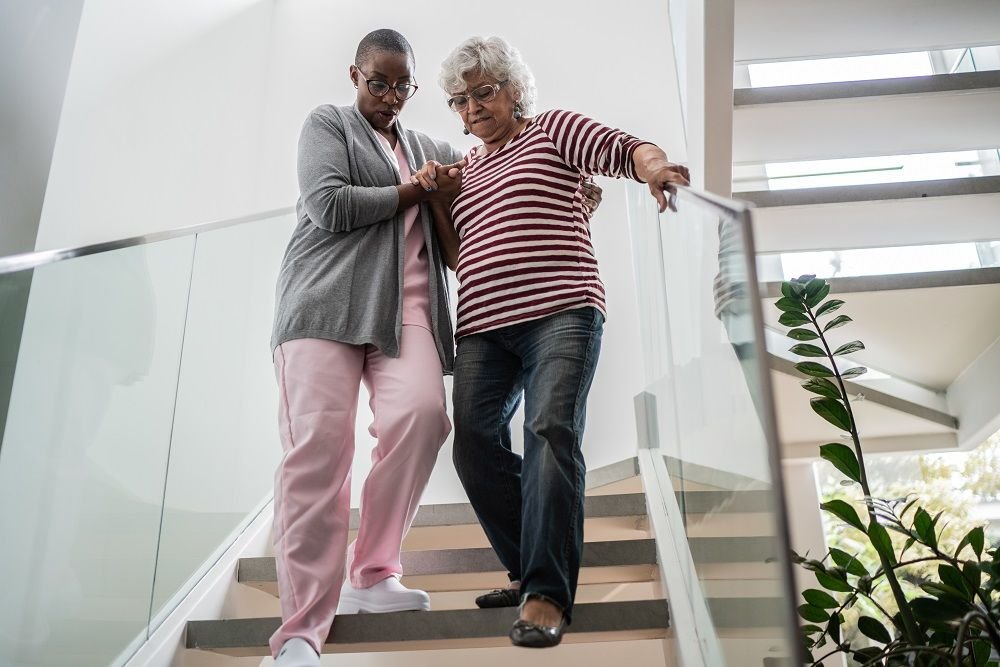
The pandemic has a lot to answer for. One lesser known effect has been the drop in older people, exercising, attending sports, and generally keeping active. The impact of this is especially seen in those who live alone.
Older people are prone to frailty, and not exercising or taking sufficient care can bring it on or make it worse.
The great news is frailty can be managed and even reduced. But withdrawing from social activities and exercise is not helpful as they are a way of combatting the condition.
A frail person experiences a physical and cognitive decline. This then makes them vulnerable to poor health and loss of independence.
USA Johns Hopkins School of Medicine has developed the following criteria to identify frailty. Someone with three or more may be considered frail.
- Shrinking: You’ve unintentionally lost 10 or more pounds in the past year.
- Feeling weak: You have trouble standing without assistance or have reduced grip strength.
- Feeling exhausted: Everything you do takes a big effort, or you just can’t get going for three or more days most weeks.
- Activity level is low: This includes formal exercise plus household chores and activities you do for fun.
- Slow walking: Your pace is considered slow if the time it takes you more than six or seven seconds to walk 15 feet.
Discuss frailty with your doctor if you have concerns.
Tips for beating frailty
Moving
Be active most days of the week. Join an exercise group and improve strength, mobility and balance.
Sitting exercises help improve strength, mobility and balance.
Around your home, use a walking frame and use a handrail in the bathroom.
Thinking
Keep your mind healthy with brain exercises such as crossword puzzles, sudoku or crafts.
Maintain good mental health by practising mindfulness, meditation or Tai Chi.
Connecting
Social interaction reduces isolation. So, join a club, group or go along to community events.
Connect with family and intergenerational friends for a chat or share a tale with community members.
Volunteer for something you like. E.g. Gardening, community groups or charity or the library.
Nutrition
Eat nutritious meals suitable as you age. Why not take a cooking class, share a recipe with a friend or cook a meal for someone?
Aim for three healthy meals that include fruit, vegetables, protein, good fats, whole grains and low-fat dairy products.
Unexpected falling can be a symptom of frailty, and conditions such as these increase the risk:
- A history of falls: If you have fallen more than once in the past six months, you are more likely to fall again.
- Low blood pressure: Older people with naturally low blood pressure may feel light-headed, dizzy or unsteady while moving.
- Postural (orthostatic) hypotension: With this condition, blood pressure drops when changing positions, such as sitting to standing. Older people with postural hypotension, whether natural or due to a medication’s side effect, are at increased risk of having a fall.
- Incontinence: You may need to hurry to the toilet often, increasing the risk of a fall, particularly at night.
- Stroke, Parkinson’s disease and arthritis: These conditions change how you move. They make it harder to react quickly and stop yourself if you stumble.
- Diabetes: Changes in blood sugar levels can make you feel faint. Diabetes can also affect your eyesight and reduce the feeling in your feet and legs.
- Depression: Older people with depression may take a medicine that can increase their risk of falling.
- Alzheimer’s disease and other dementias: Older people with dementia can become less aware of their surroundings and less able to react quickly.
While osteoporosis is characterised by thin, weak bones, it is not a risk factor for falls. If someone does fall, there’s a higher chance of breaking or fracturing a bone.
University of Adelaide researchers have identified the geographic differences in neighbourhoods and regions where mortality and entry into permanent residential aged care are high or low. The research produced the frailty web map based on neighbourhood characteristics, such as the location of medical services, the amount of green space and the number of people involved in volunteer activities.
The interactive map shows population estimates of the number of frail and pre-frail people within all Australian suburbs for 2016 and looking ahead to 2032. The number of frail people in some suburbs around capital cities is projected to double.
Examples include:
- Sydney - Padstow, Chatswood, Bexley, Hurstville.
- Melbourne - Epping, Mulgrave, Keilor East.
- Canberra - Monash, Florey, Rivett.
- Brisbane - Eagleby, Raceview, Birkdale.
- Adelaide - Hallett Cove, Happy Valley, Mount Barker, Golden Grove.
- Perth - Armadale, Canning Vale, Bassendean, Kingsley.
- Darwin - Fannie Bay, Rapid Creek, Wanguri.
- Hobart - Risdon Vale, Brighton, South Hobart.
For more information about what you can do about frailty, watch this 3-minute video.
For further reading: Delaying and reversing frailty: a systematic review of primary care interventions, Hopkins Medicine, RACGP aged care clinical guide, The University of Adelaide, Ageing in place successfully, Hopkins Medicine Wellness and Prevention and Bolton Clarke.


